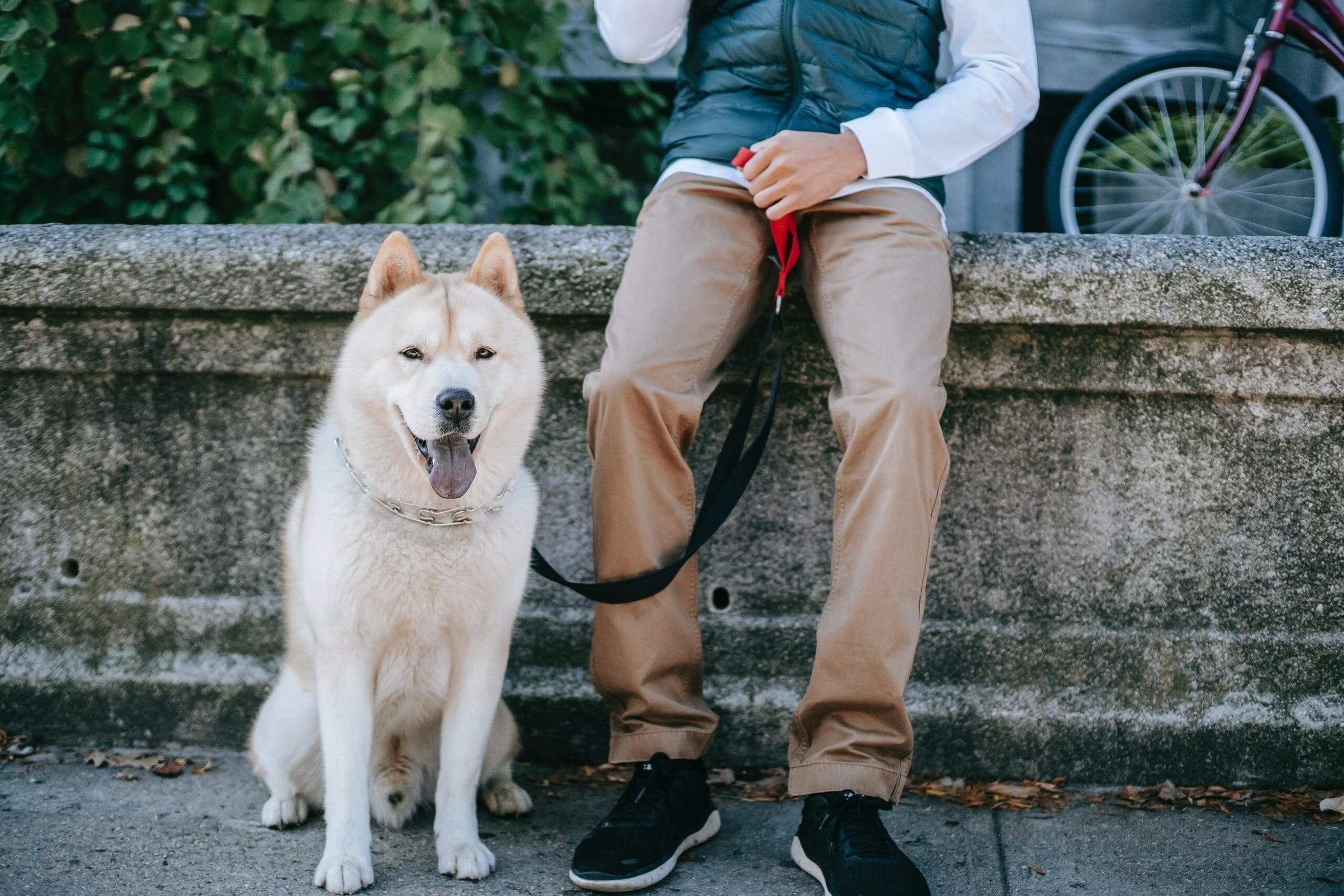Tag: emotional support
-

How Do Dogs Comfort You When You Are Sad?
When feelings of sadness creep in, the world can seem heavy and overwhelming. People often search for ways to lift their spirits, and for many, one of the most comforting presences during difficult times is a dog. The bond between humans and dogs is a source of healing, companionship, and unconditional love. Understanding how dogs…
-

How To Get A Diabetic Service Dog For Free?
Living with diabetes presents unique challenges, especially when it comes to managing blood sugar levels. For many, a service dog can offer essential support, alerting owners to changes in their condition and providing companionship. However, the cost of acquiring such a dog can be a significant hurdle. Understanding how to obtain a diabetic service dog…
-

How To Make A Dog With A Slipped Disc Comfortable?
A slipped disc can be distressing for both dogs and their owners. This condition, known as intervertebral disc disease, occurs when the cushioning discs between vertebrae are damaged or displaced. It can lead to pain, limited mobility, and even paralysis in severe cases. Ensuring your dog’s comfort during this recovery period is essential for their…
-

How To Find A Lost Dog?
Losing a dog can be one of the most distressing experiences for any pet owner. The bond shared with a four-legged friend is unique, and the worry that comes from not knowing their whereabouts can be overwhelming. Whether your dog slipped out of the yard, escaped from a leash, or wandered off during a walk,…
-

How Do Dogs Act When They Smell Cancer?
Dogs have an extraordinary sense of smell, estimated to be 10,000 to 100,000 times more powerful than that of humans. This remarkable olfactory ability enables them to detect scents in ways that often elude our understanding. One of the captivating aspects of a dog’s sense of smell is its capability to identify certain diseases, including…



